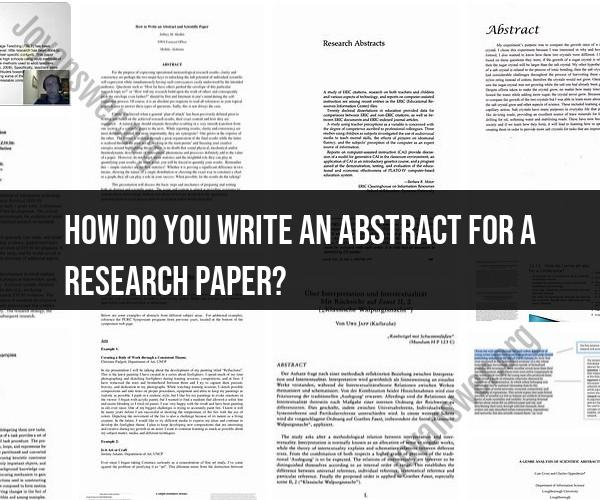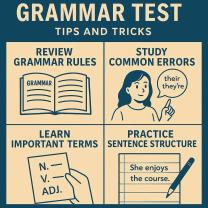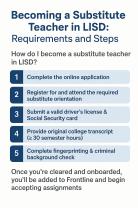How do you write an abstract for a research paper?
Writing an effective abstract for a research paper is crucial because it provides a concise summary of your study and helps readers quickly determine whether your paper is relevant to their interests. Here are key steps to follow when writing an abstract:
Understand the Purpose of an Abstract:
- An abstract is a brief, standalone summary of your research paper.
- Its primary purpose is to convey the main ideas, objectives, methods, results, and conclusions of your study in a concise manner.
Consider the Length:
- Abstracts typically range from 150 to 250 words, depending on the journal or conference's guidelines.
- Some journals or conferences may specify a maximum word count, so be sure to check their requirements.
Structure Your Abstract:
- While there may be some variation in abstract structure, a common format includes four key components:a. Briefly introduce the research topic and context.b. Methods: Describe the research methods and approach used.c. Results: Summarize the key findings or outcomes of your study.d. Conclusion: Present the main conclusions or implications of your research.
Use Clear and Concise Language:
- Write in clear, straightforward language.
- Avoid jargon, technical terms, or abbreviations that may not be familiar to a broad audience.
- Use complete sentences and proper grammar.
Highlight Key Points:
- Identify the most important aspects of your research to include in the abstract.
- Focus on the research question, main findings, and the significance of your study.
Write in the Past Tense:
- Use the past tense to describe what you did in your study and what you found.
- For example, "We conducted a survey" instead of "We will conduct a survey."
Avoid Citations and References:
- Do not include citations to other works or references in the abstract.
- The abstract should stand alone without the need for external sources.
Be Specific and Quantitative:
- Use specific numbers and data to describe your findings, if applicable.
- For example, "Our study found a 15% increase in sales" is more informative than "Our study found an increase in sales."
Highlight Significance and Implications:
- Explain the significance of your research and its potential implications.
- Why is your study important, and what impact does it have on the field?
Edit and Revise:
- Carefully proofread and edit your abstract for clarity and conciseness.
- Make sure it accurately reflects the content of your paper.
Check Journal or Conference Guidelines:
- Review the specific requirements and guidelines for abstract submission provided by the journal or conference you plan to submit to.
- Ensure that your abstract adheres to their formatting and content expectations.
Seek Feedback:
- Before finalizing your abstract, ask colleagues or mentors for feedback.
- They can provide valuable insights and help you refine your abstract for maximum impact.
Finalize and Proofread:
- Once you've incorporated feedback and made necessary revisions, proofread your abstract one last time to eliminate any errors.
Remember that an effective abstract can significantly increase the visibility and accessibility of your research paper, so invest time and effort in crafting a clear and compelling summary of your work.












